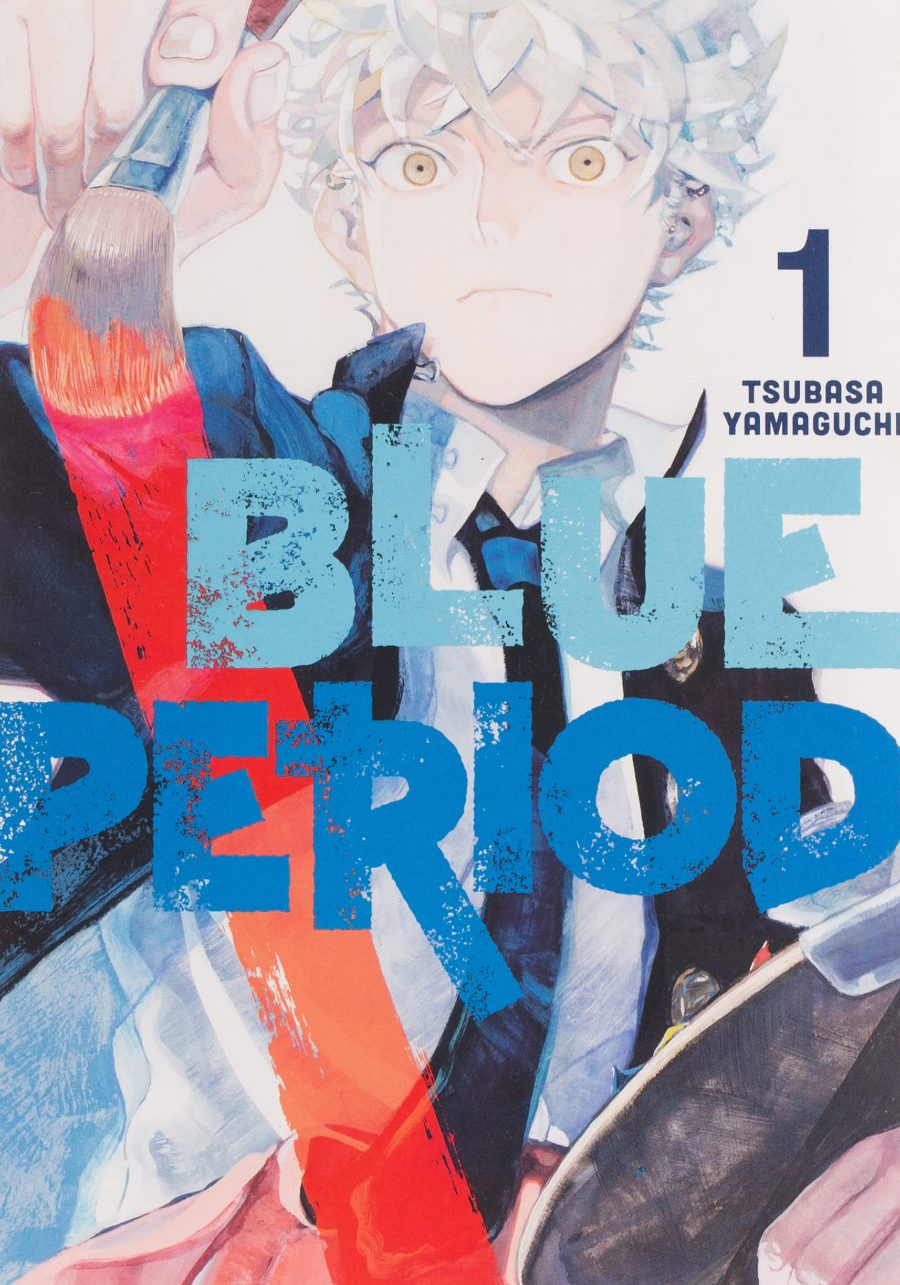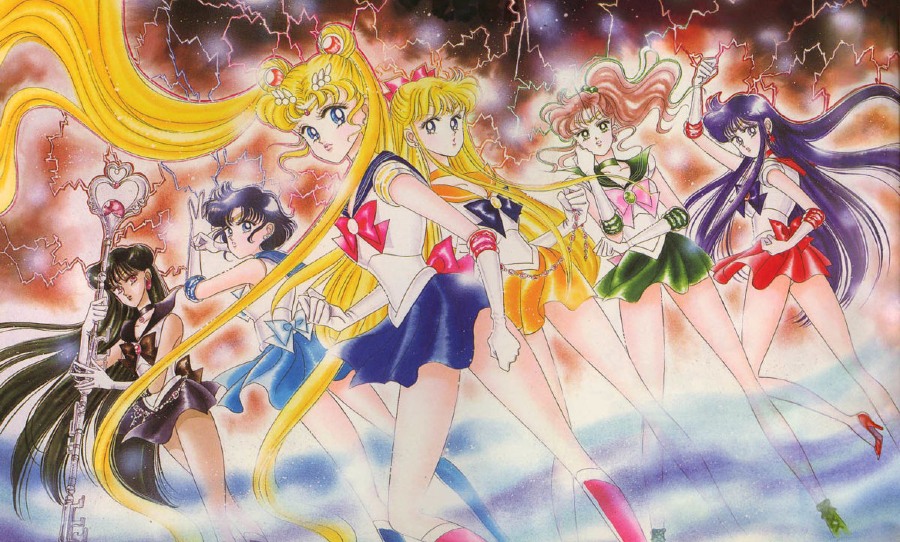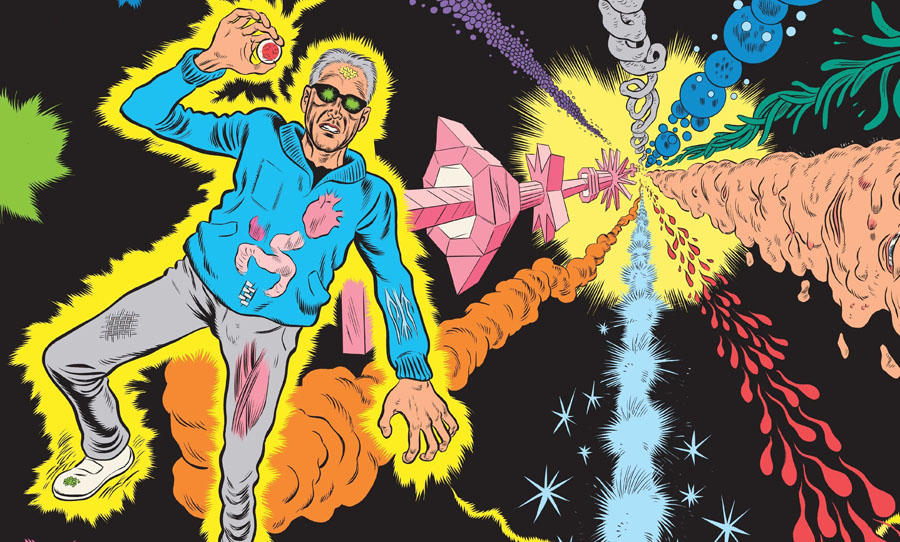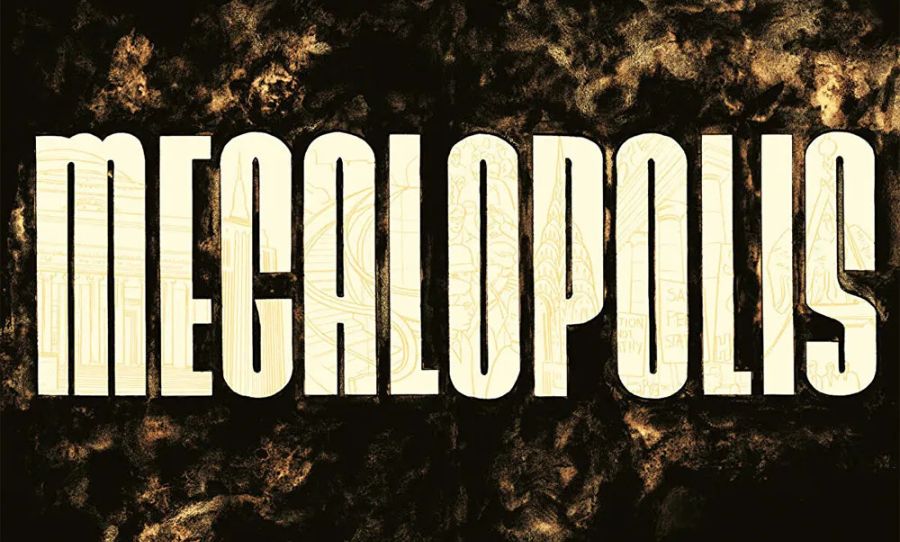Love comics? It’s definitely about time you check out manga novels. To make your life easier, we’ve collected a list of the best ones.
Manga novels are one of the most diverse comic book mediums in the world. They’ve got genres that range from fantasy epics to rom-com style narratives, to magical friendship adventures. They’re generally divided into five categories, usually by the audience that they’re marketed to. These are kodomomuke (young children), shonen (adolescent males), shojo (adolescent girls), seinen (adult males), and josei: (adult women).
However, there are no strict rules on who should read which genre — it’s all personal preference! And if you consider yourself a graphic novel fan, but are yet to truly discover manga, now’s the time to dive into this incredible scene. To make the decision easier, we’ve compiled a list of both 20th-century classic manga novels, as well as modern favourites, below.
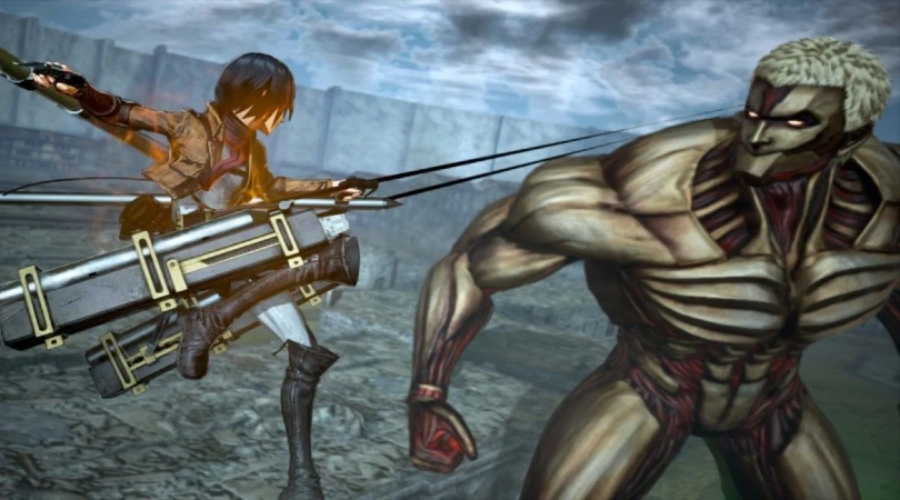
Astro Boy – Osamu Tezuka (1952)
One of the most internationally successful manga novel series’ of all time, Osamu Tezuka’s Astro Boy has been enduringly loved by readers for over 70 years. Having been adapted thrice into an anime series, and also being developed into a film and video game, Astro Boy has evolved into a phenomenal multi-media franchise.
Set in a futuristic, sci-fi world where robots and humans coexist, Astro Boy follows the titular character — an android created by the Ministry of Science — and explores themes of humanity, heroism, and adventure.
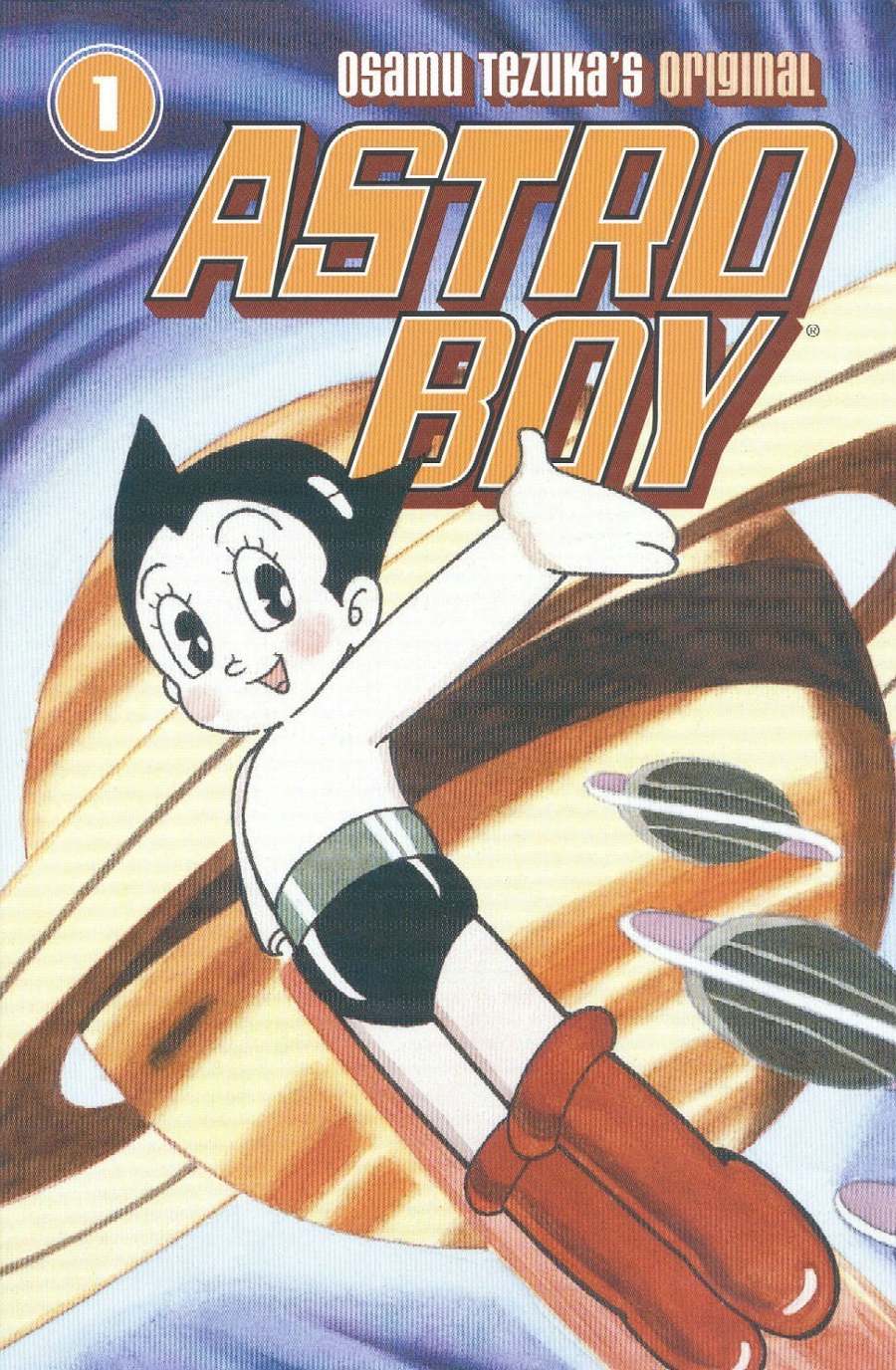
The Heart of Thomas – Moto Hagio (1974)
Drawing heavily from the works of Hermann Hesse, The Heart of Thomas is a coming-of-age story set in mid-20th century Germany. Exploring themes of gender, religion, class, and sexuality, The Heart of Thomas has been established as one of the most influential mangas, attracting both local and international attention.
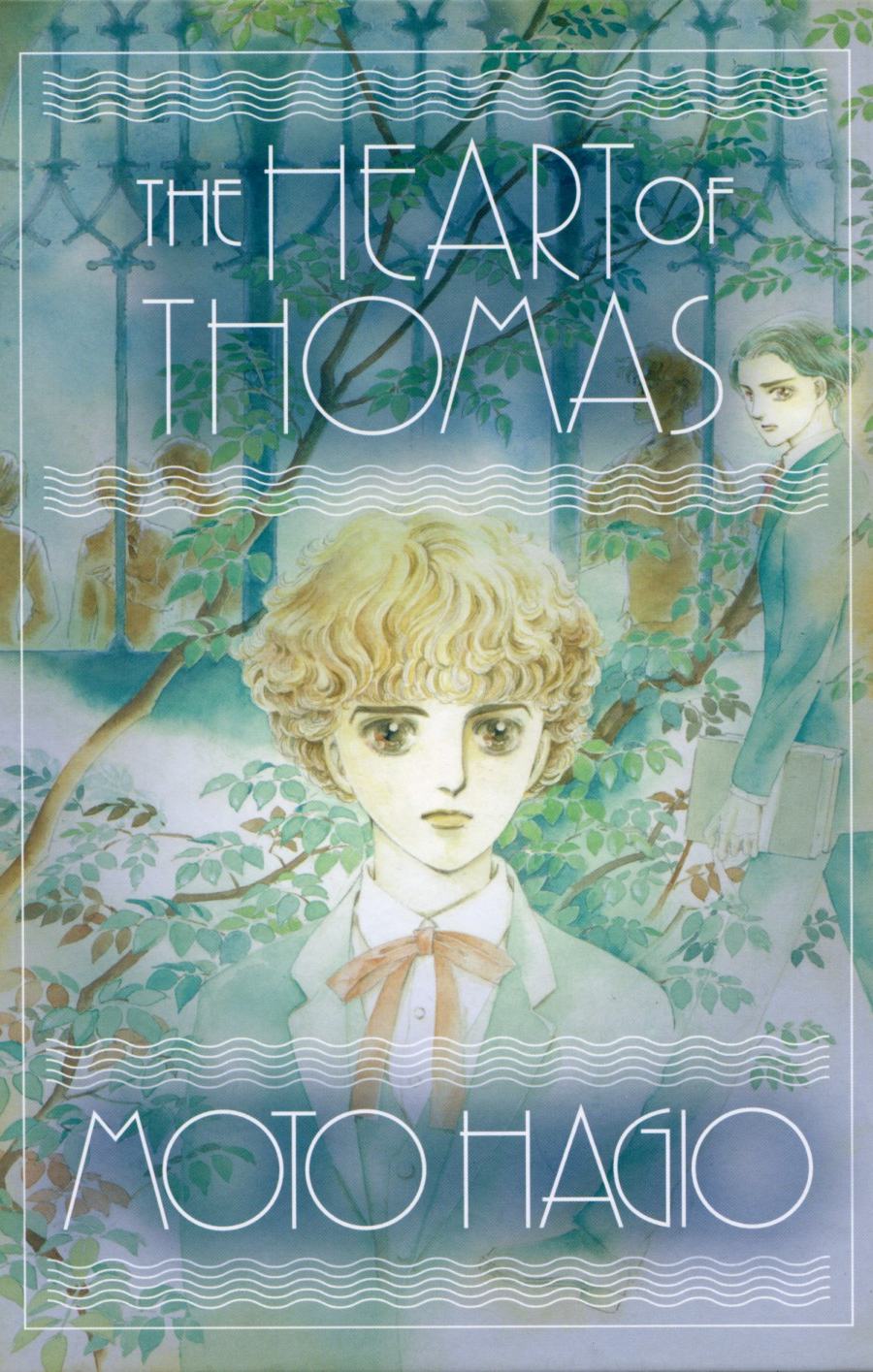
Akira – Katsuhiro Otomo (1982)
Another manga series that has developed into a hugely successful franchise, Akira has long been considered a cornerstone of the cyber-punk genre. Set in a post-apocalyptic “Neo-Tokyo,” the manga novel details the life of Kaneda, and his friend-turned-foe Tetsuo Shima, who navigate a mysterious government project, and an equally-beguiling figure associated with it — Akira.
Creatively dealing with the tropes of the traditional apocalypse genre, Akira deals with societal disruption, civil disobedience, and the fate of humanity.
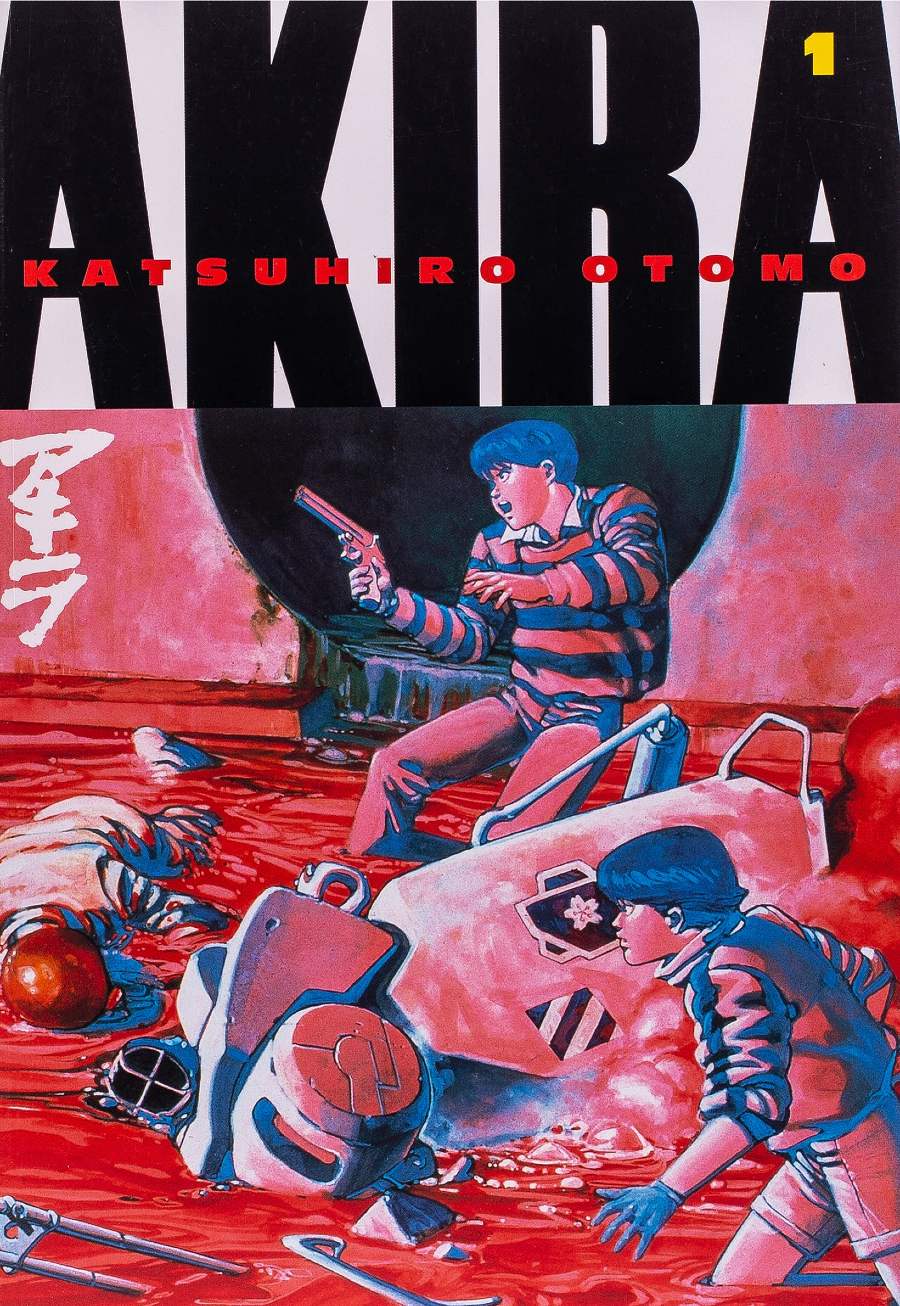
Dragon Ball – Akira Toriyama (1985)
While the anime adaptations have enjoyed exceptional success globally, the original manga novel Dragon Ball is equally as awesome — it’s the third best-selling manga novel of all time.
The series follows the story of Son Goku as he becomes proficient in martial arts, and embarks on a fantastic journey in search of the seven orbs known as the Dragon Balls: the keys to summoning a wish-granting dragon.
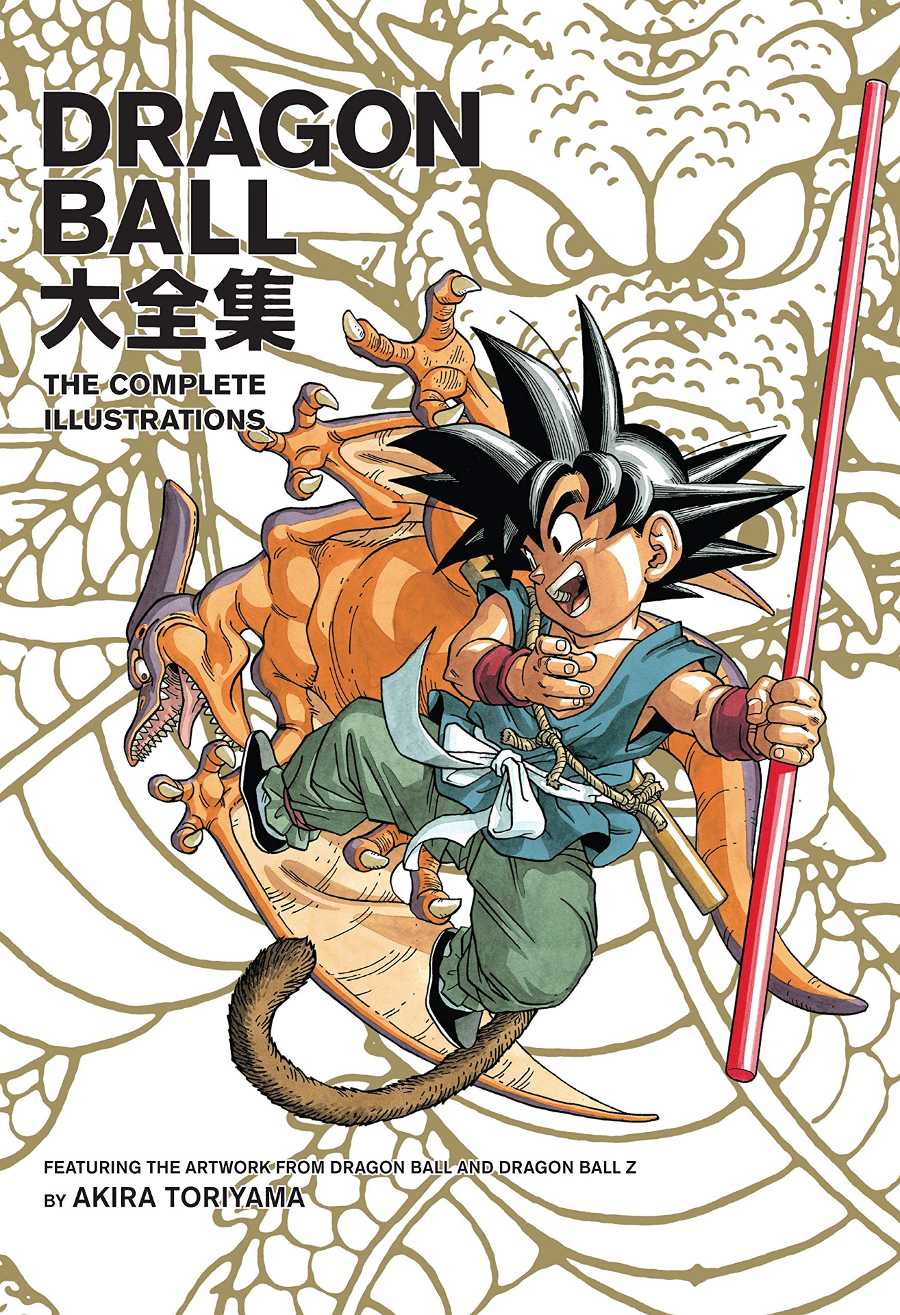
Berserk – Kentaro Miura (1989)
Set in a medieval Europe-esque, dark fantasy world, Beserk follows Guts — a ruthless mercenary whose notorious reputation catches the attention of Griffith, the charismatic leader of a mercenary group: the Band of the Haw.
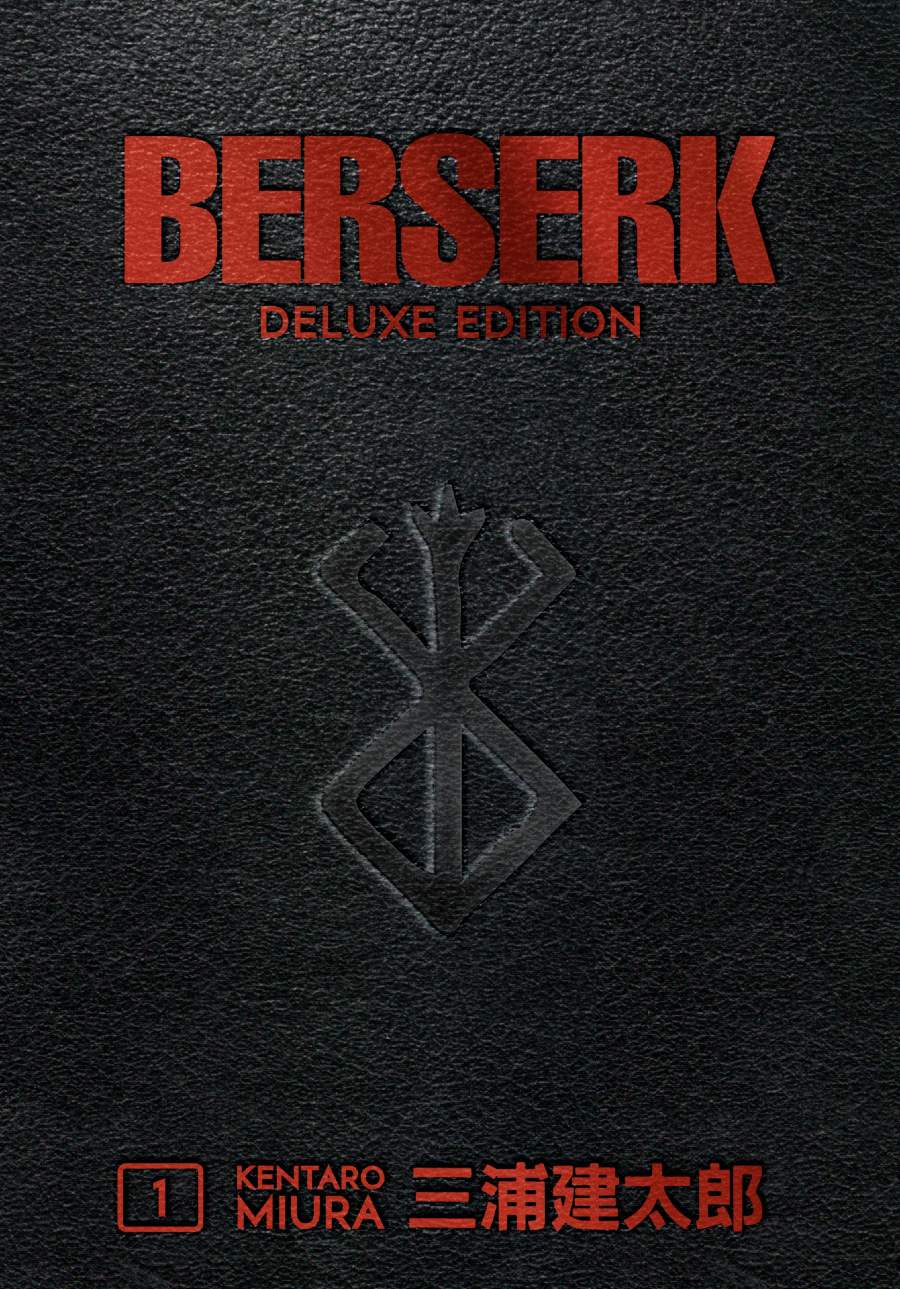
Sailor Moon – Naoko Takeuchi (1991)
Delving into ideas of self-confidence, love, friendship, and female empowerment, Sailor Moon is a universally beloved manga novel series. The protagonist Sailor Moon, a.k.a Usagi, a.k.a Serena, is unlike most mainstream heroines, in the sense that she is a complex, flawed, but ultimately empowered heroine.
Another incredibly successful global franchise, Sailor Moon’s anime adaptations etched the series into the hearts and minds of readers all over the world.
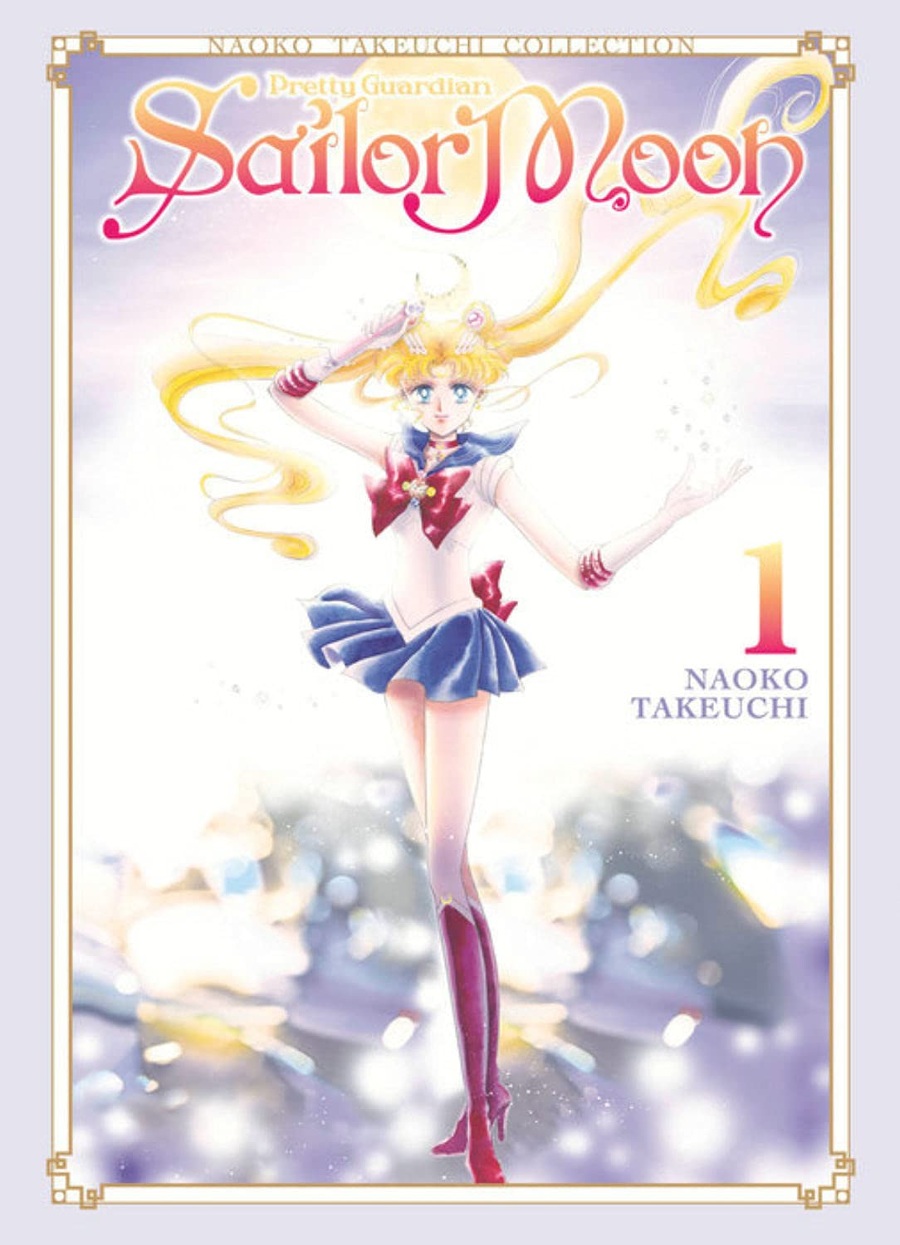
Inuyasha – Rumiko Takahashi (1996)
Inuyasha follows the story of Japanese teenage girl Kagome, who is abruptly transported from the modern-day to the Sengoku period in Japan and embarks on a thrilling adventure with a half-dog demon, half-human creature called Inuyasha.
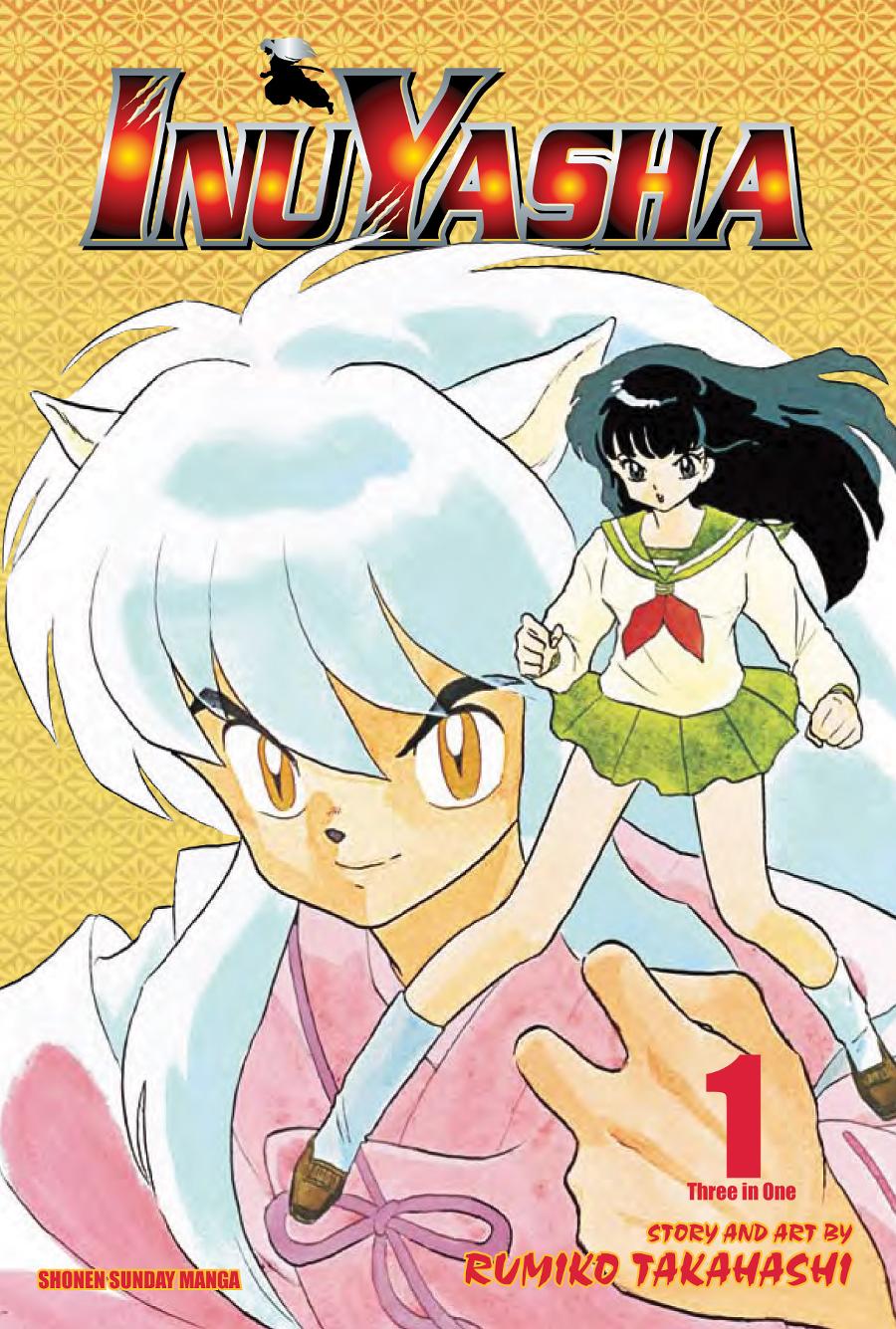
Fruits Basket – Natsuki Takaya (1998)
Taking its name from the namesake Japanese children’s game, Fruits Basket follows the story of Tohru Honda, an orphan girl who, after meeting Shigure, Kyo, and Yuki Soma, learns that thirteen members of the girls’ family are possessed by the animals of the Chinese zodiac.
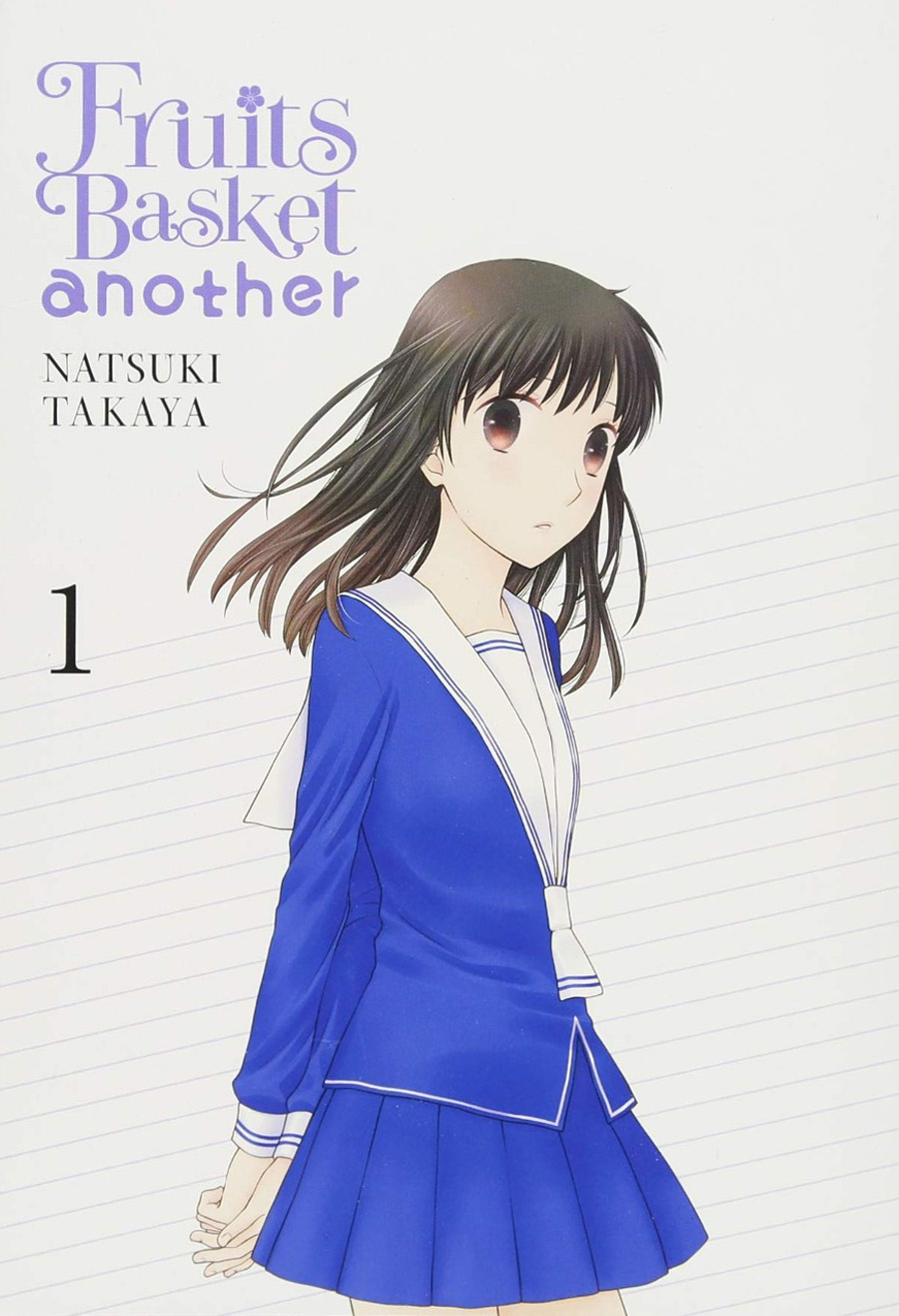
Vagabond – Takehiko Inoue (1998)
One of the best-selling manga series of all time, Vagabond follows the story of Takezō Shinmen and Matahachi Hon’iden, two young men in 1600s Japan who are thrown into diverging lives after being wounded in the Battle of Sekigahara.
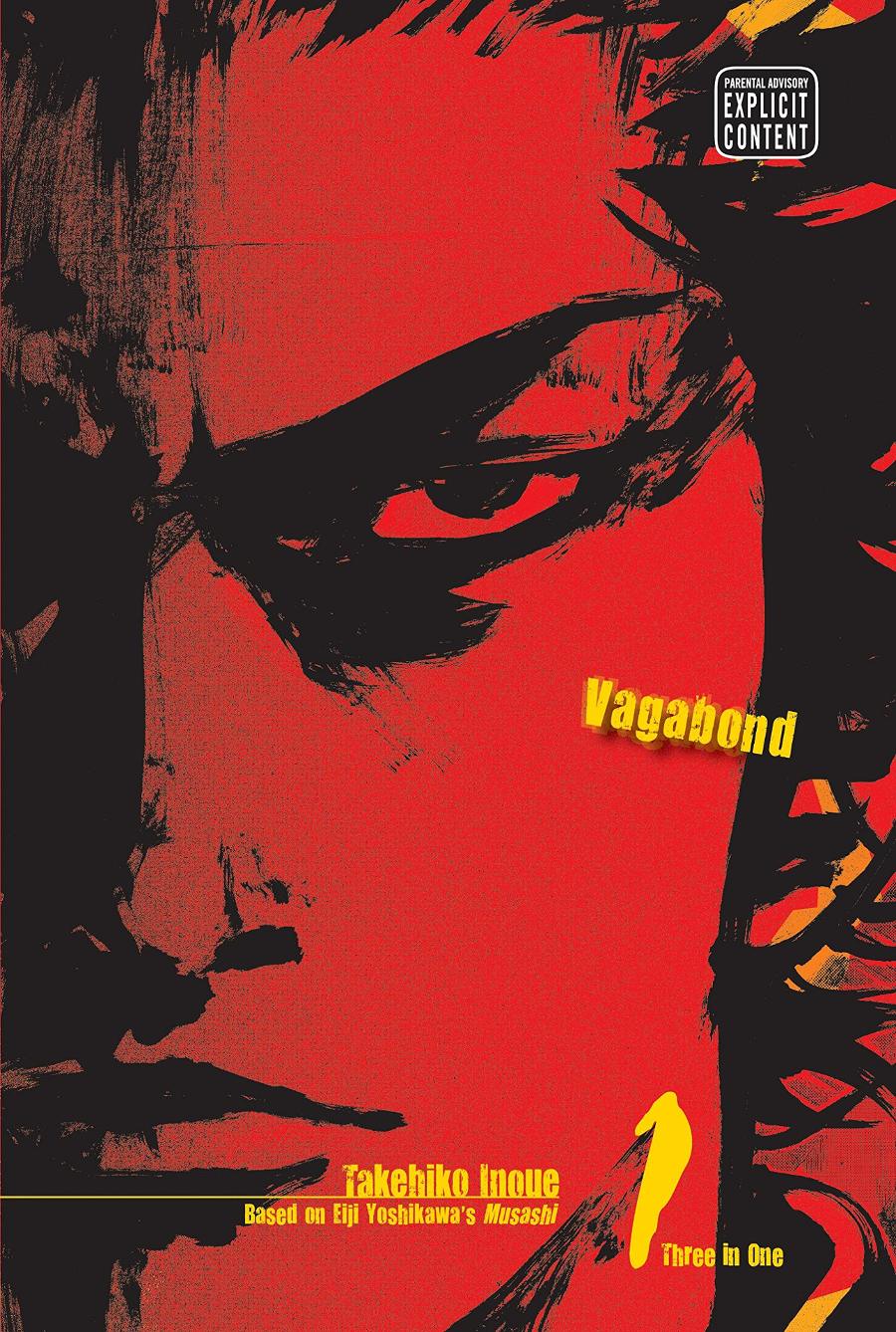
Naruto – Masashi Kishimoto (1999)
Critically acclaimed for its complex character development, and intensely crafted storylines, Naruto tells the story of a young ninja, Naruto Uzumaki, and spans his journey from childhood to adolescence as he strives to become the leader of his small village.
Having been adapted into video games, card games, artbooks, and films, Masashi Kishimoto’s manga novel is both critically and commercially lauded.
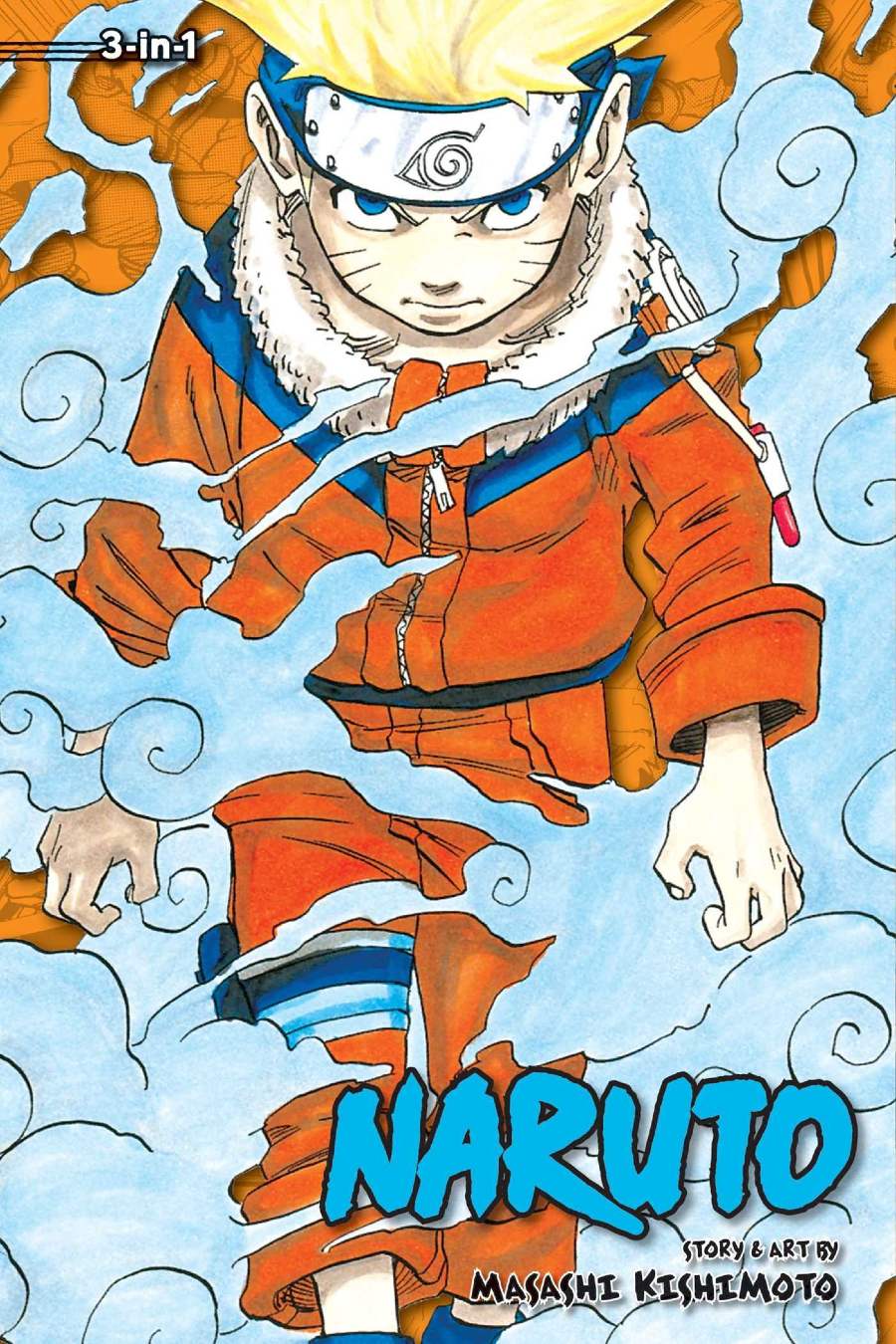
Paradise Kiss – Ai Yazawa (1999)
Paradise Kiss details the life of Yukari, a conscientious, obedient high-school student. As she starts to question her way of life, she encounters a group of fashion design students with a clothing label called “Paradise Kiss,” and her life is changed forever.
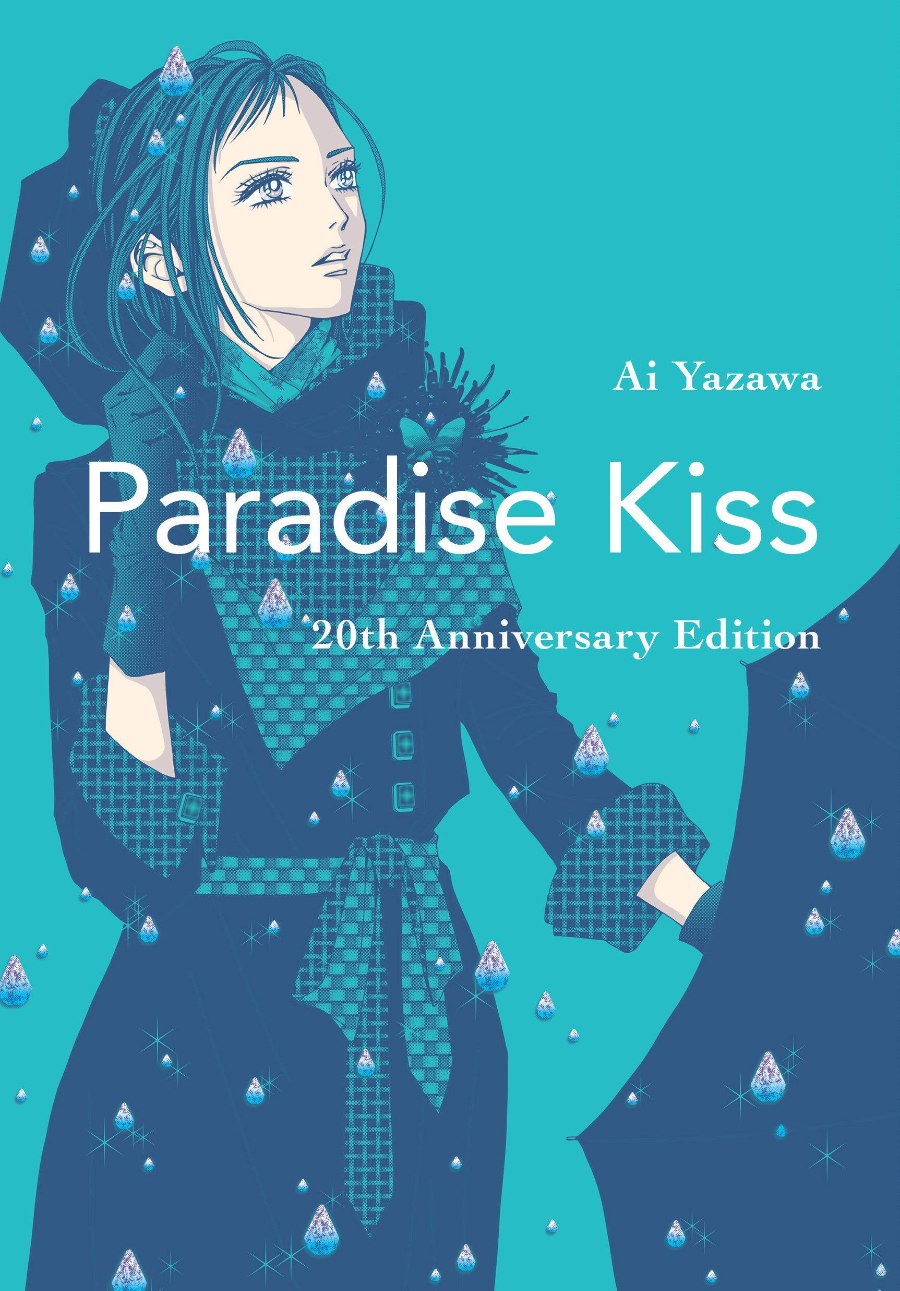
Real – Takehiko Inoue (1999)
Delving into themes of social isolation, belonging and identity, Real follows the lives of three teen characters, all of whom are marginalised from society in some shape or form: Takahashi Hisanobu, the former leader of his high school’s basketball team who develops paraplegia, Togawa Kiyoharu, an ex-athlete who now plays wheelchair basketball, and Nomiya Tomomi, a high school dropout.
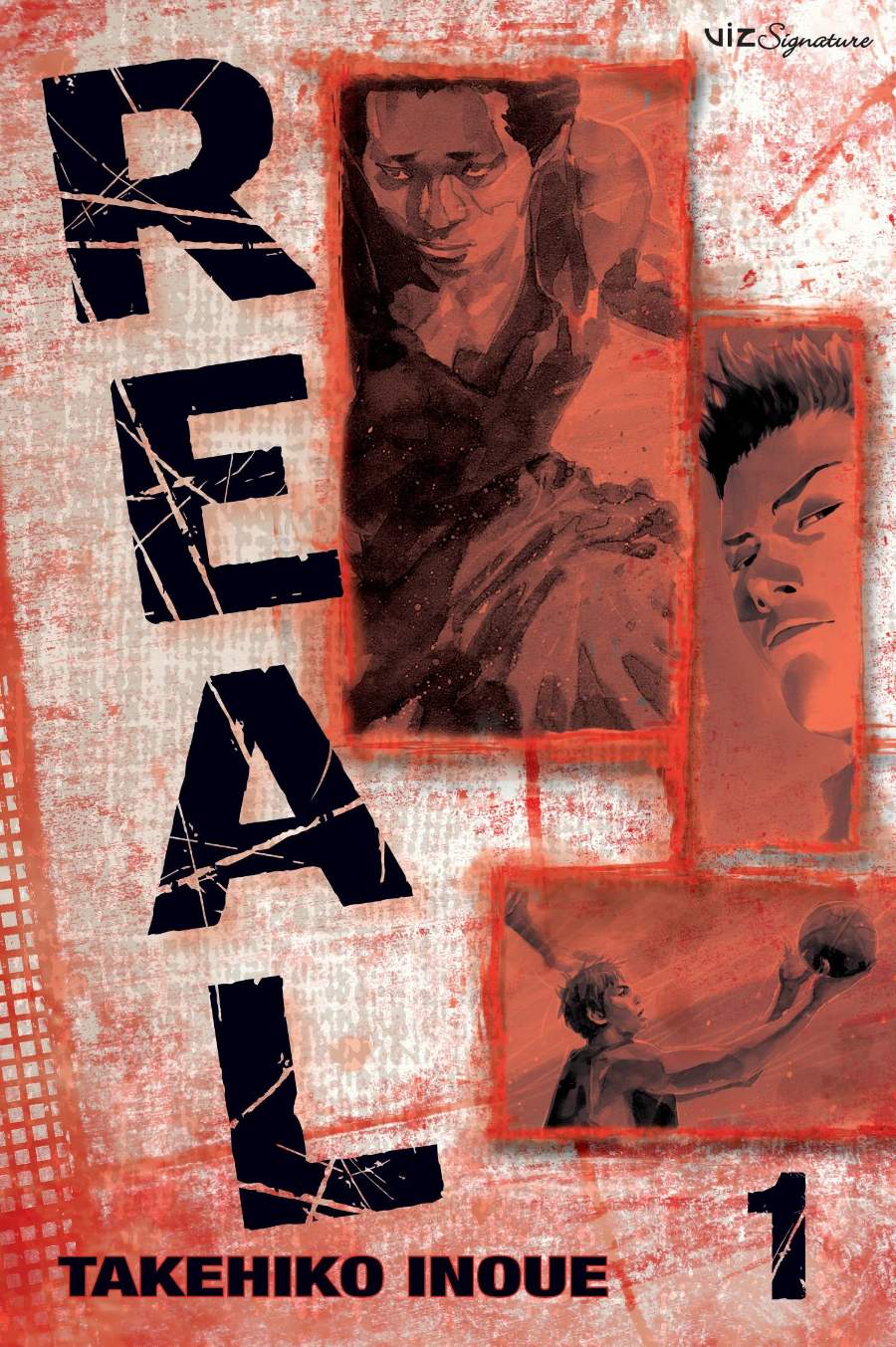
Uzumaki – Junji Ito (2000)
Uzumaki details the lives of the citizens of a fictional city named Kurouzu-cho which is plagued by a supernatural curse involving spirals. One of the most successful horror manga series of all time, it’s frequently touted as Ito’s magnum opus.
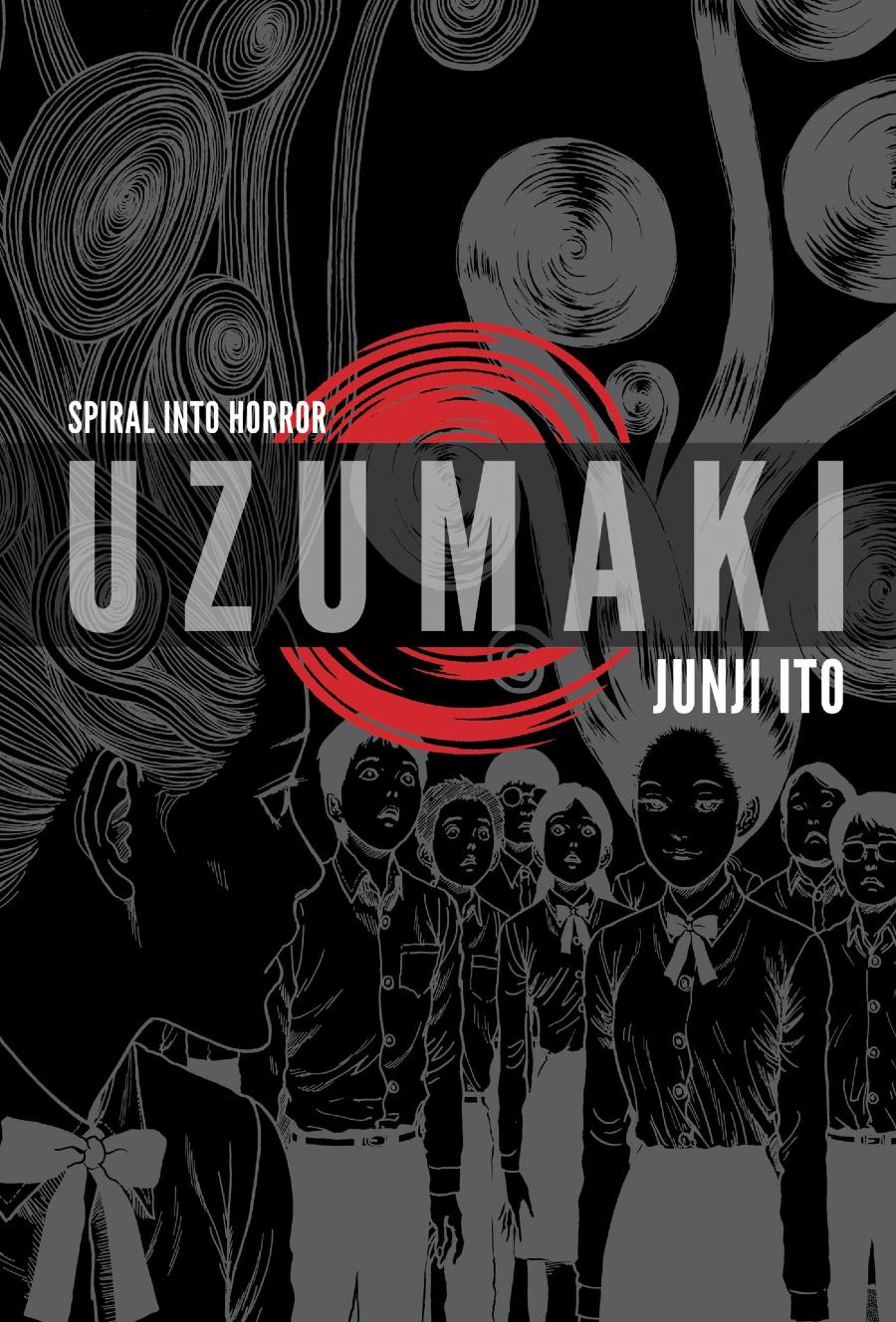
Bleach – Tite Kubo (2001)
Bleach details the life of Ichigo Kurosaki, a teenager born with the ability to see ghosts, and his journey to becoming a Soul Reaper — a position that allows him to help troubled spirits come to rest.
Delving into the battle series genre with jam-packed action sequences and unique character construction, the beautifully illustrated Bleach is a must-read for anyone looking to get into manga novels.
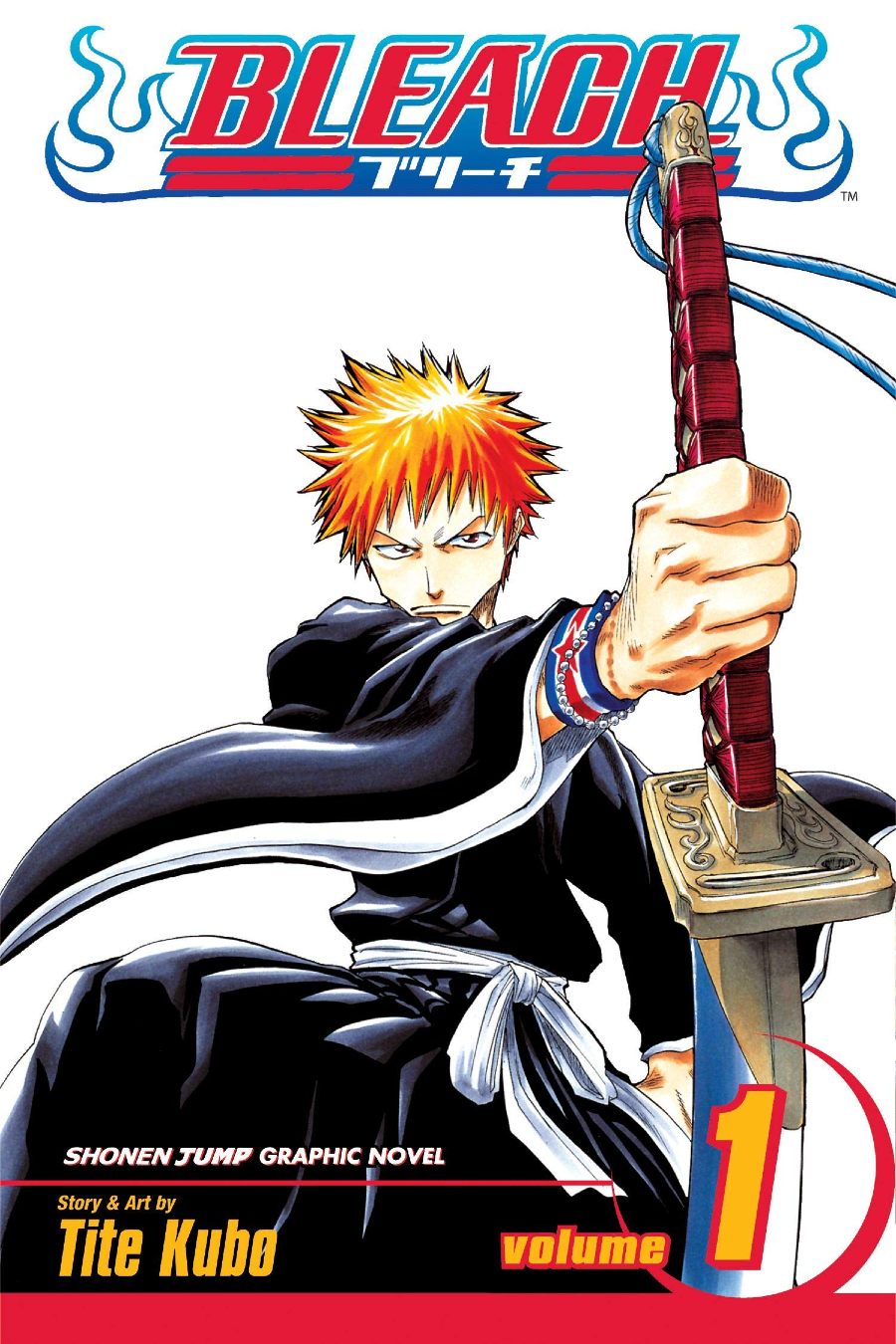
Mushishi – Yuki Urushibara (2002)
Set in a fictional period between the Edo and Meiji eras, Mushishi follows the life of Ginko, a young man who has the special ability to see primitive supernatural creatures called Mushi. He embarks on a profound journey to research the mysterious creatures in an effort to help heal his community, who have fallen ill because of them.
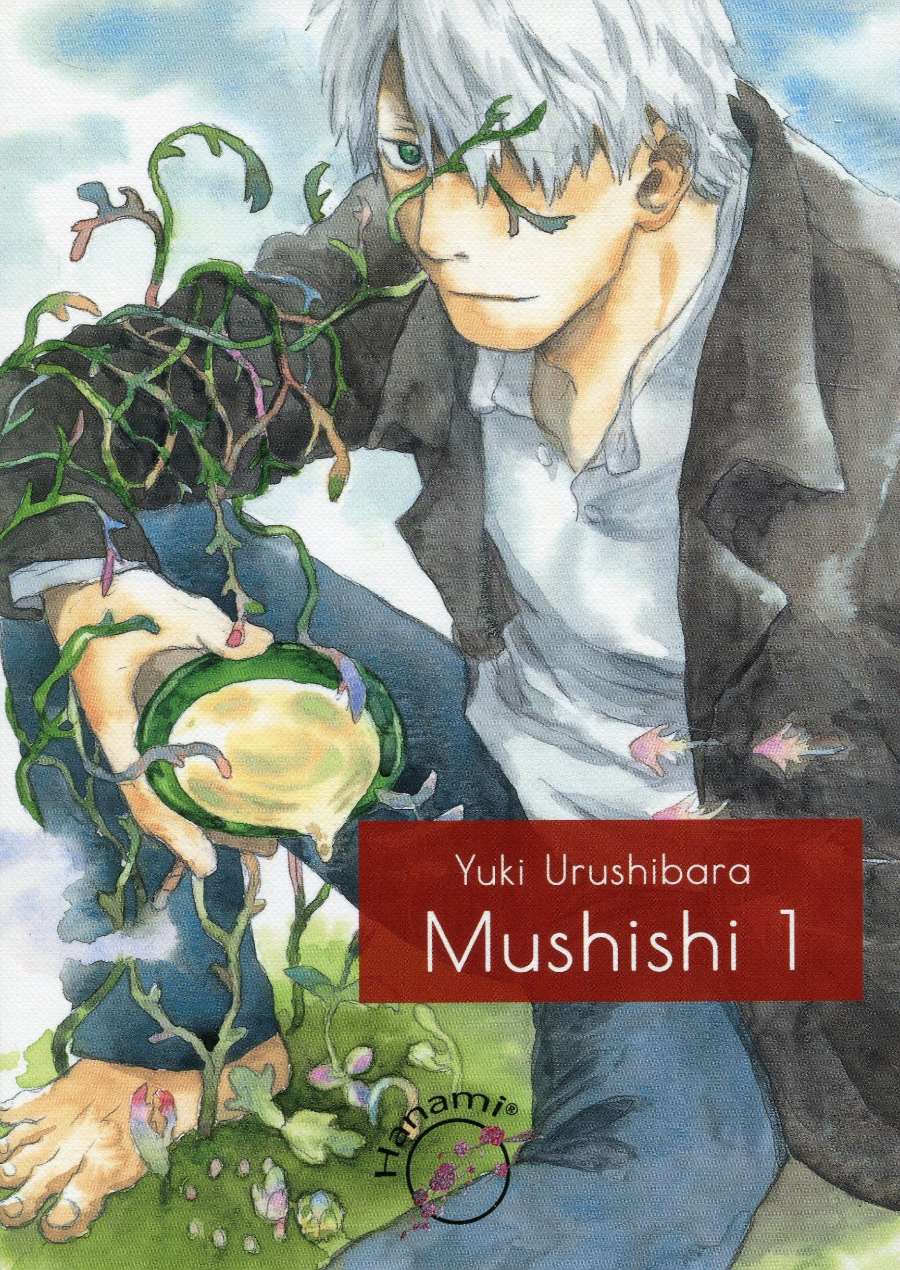
Vampire Knight – Matsuri Hino (2004)
Vampire Knight details the life of Yuki Cross, adopted by the headmaster of Cross Academy after a vampire attacked her as a young girl. Now, she protects the Cross Academy’s secret: while the Day Class is full of regular people, the Night Class is filled with vampires, as the two species attempt to coexist without breaking the peace.
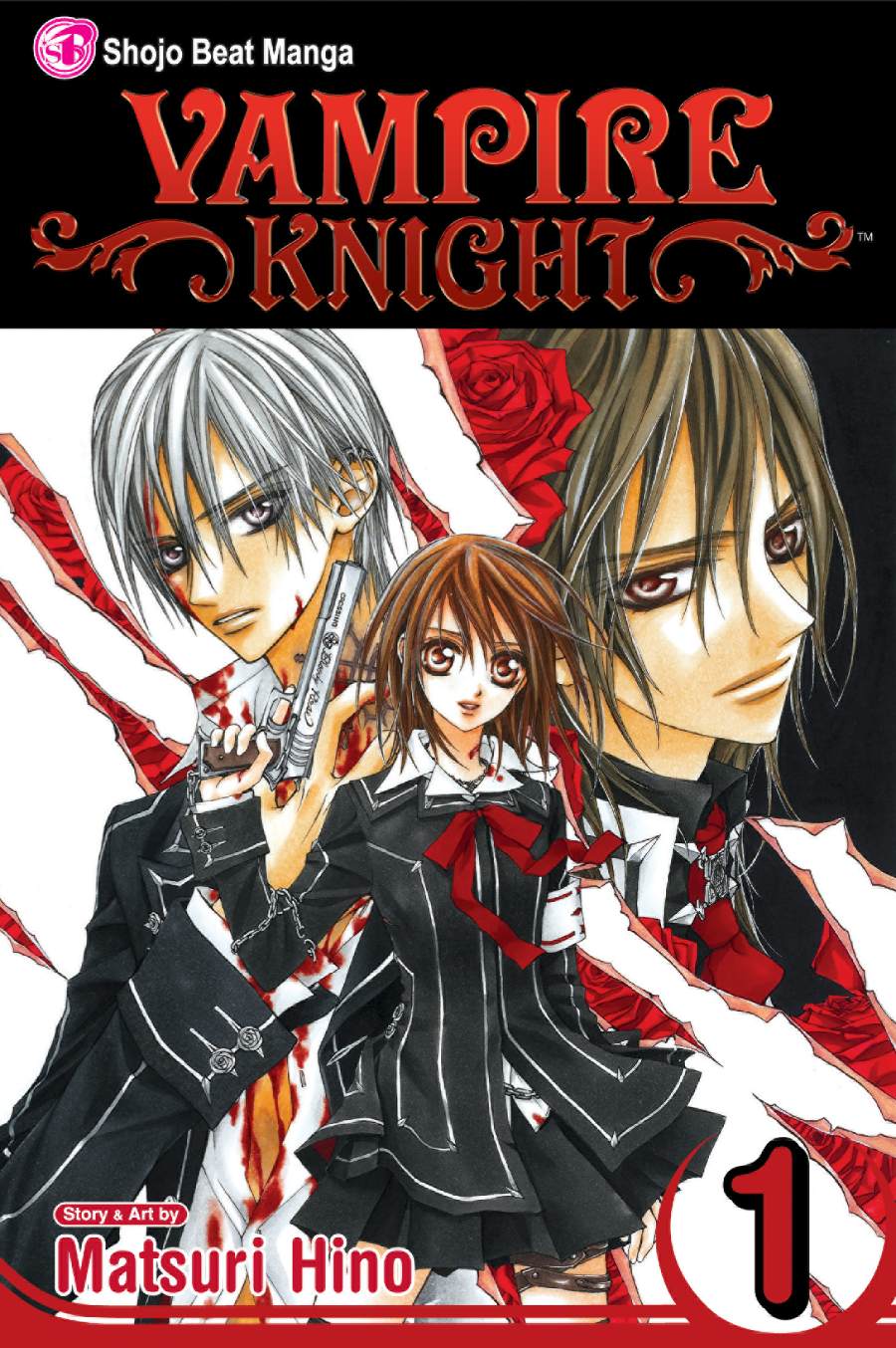
Goodnight Punpun – Inio Asano (2007)
Goodnight Punpun is a bildungsroman manga series that follows Onodera Punpun from his early childhood to adolescence, to finally his early 20s. It explores the dysfunctions of family, mental health, social isolation, sexual awakening, love, and family.
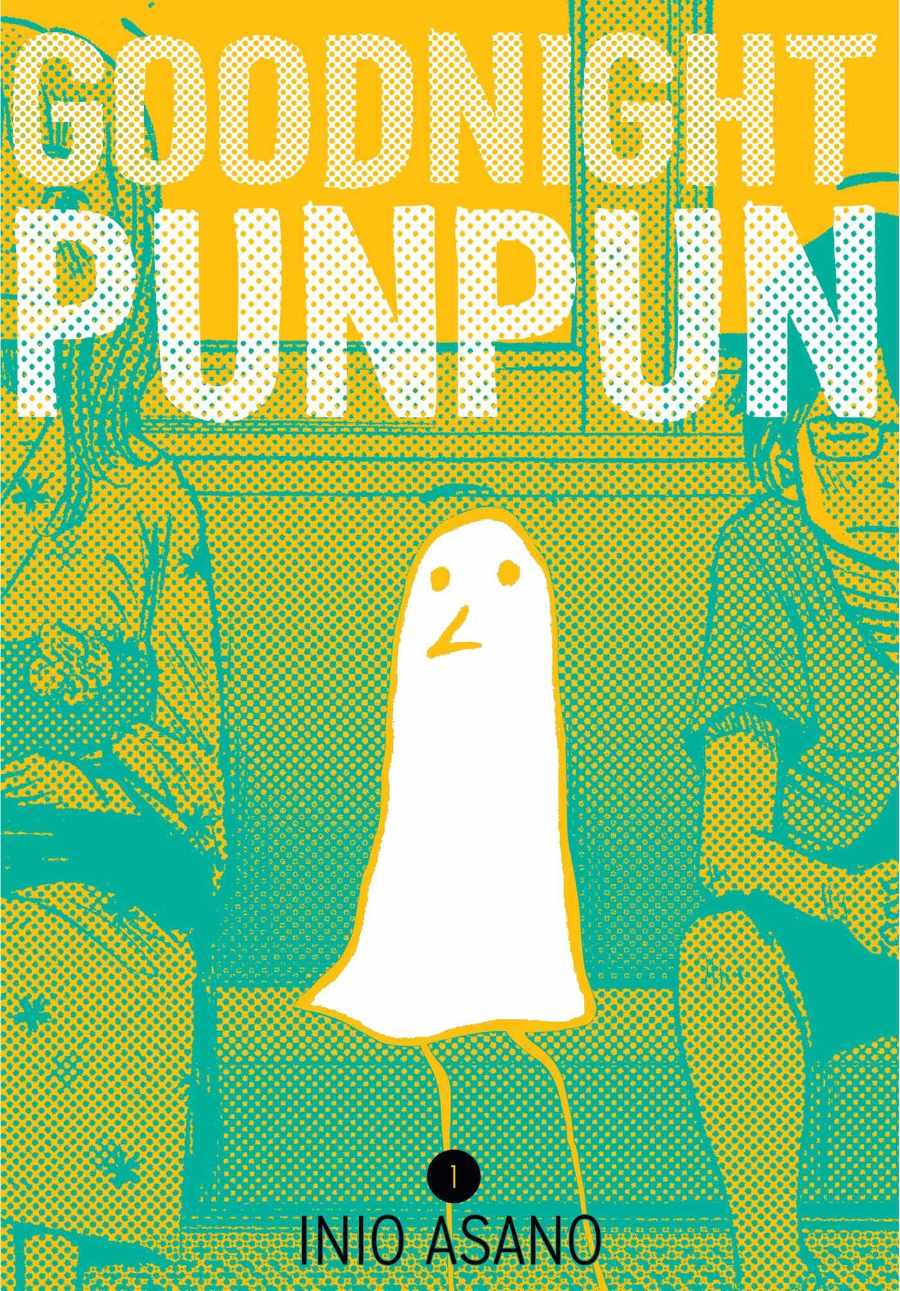
Attack on Titan – Hajime Isayama (2009)
Attack on Titan follows the last human civilization — on the brink of extinction due to the presence of humanoid “Titans” who feast on humans — as they attempt to fight off the terrifying creatures that have decimated their society.
The manga novel’s central narrative details the life of the protagonist, Eren Yeager, whose peaceful life is disrupted by the invasion of the Titans into the safe haven that houses the last of humanity.
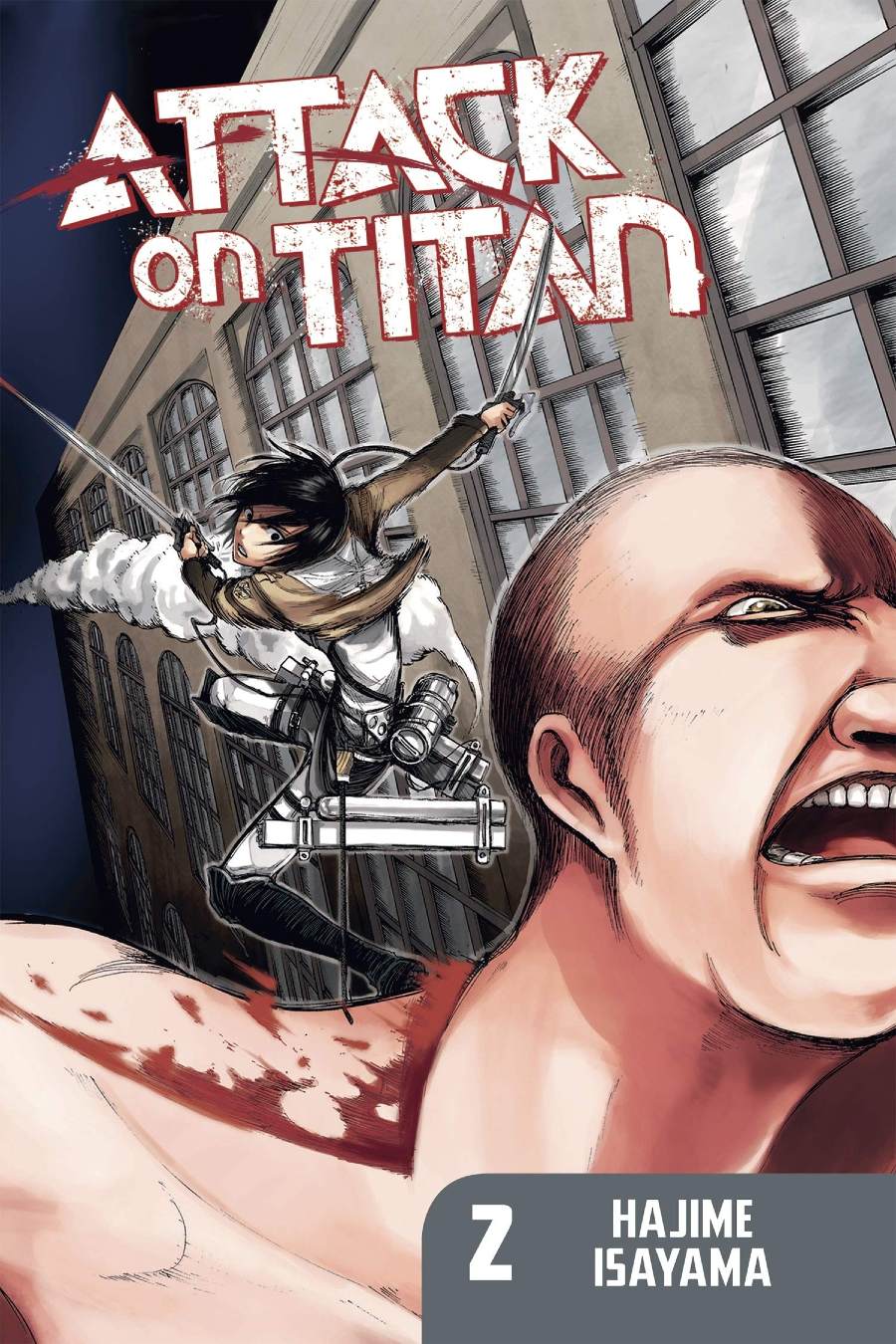
Yona of the Dawn – Mizuho Kusanagi (2009)
Yona of the Dawn follows the story of Yona, a young princess who is viciously displaced from her kingdom after the murder of her loved ones, and must escape into exile. The manga novel follows the young princess’ journey as she attempts to navigate her new world, one full of danger, uncertainty and turmoil.
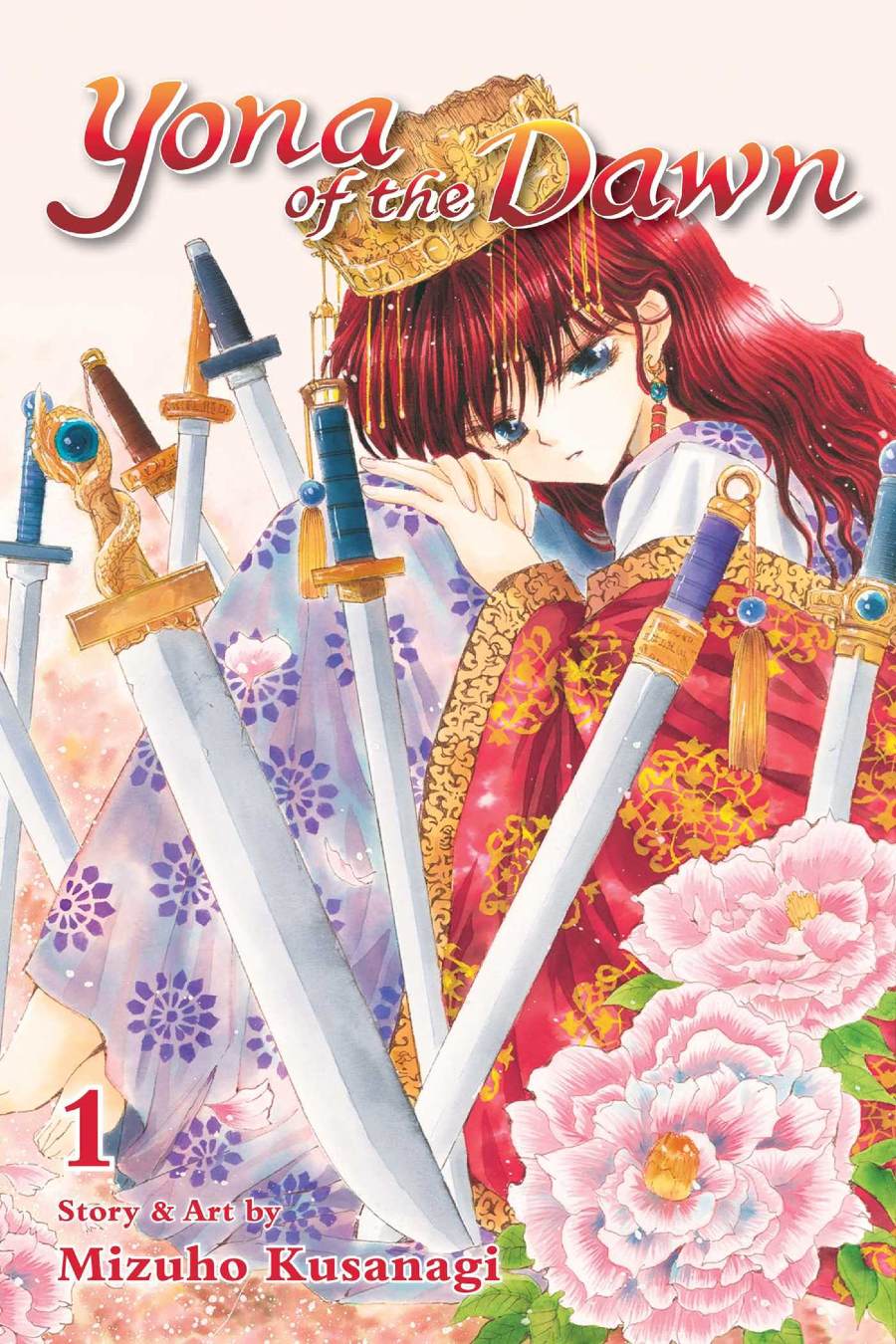
Gangsta – Kohske (2011)
Gangsta is a gritty crime manga novel set in the city of Ergastulum, a place filled with shady inhabitants. The story follows the life of the “Handymen,” Nic and Worick, who are given the dangerous job of taking down a gang intruding on Mafia territory.
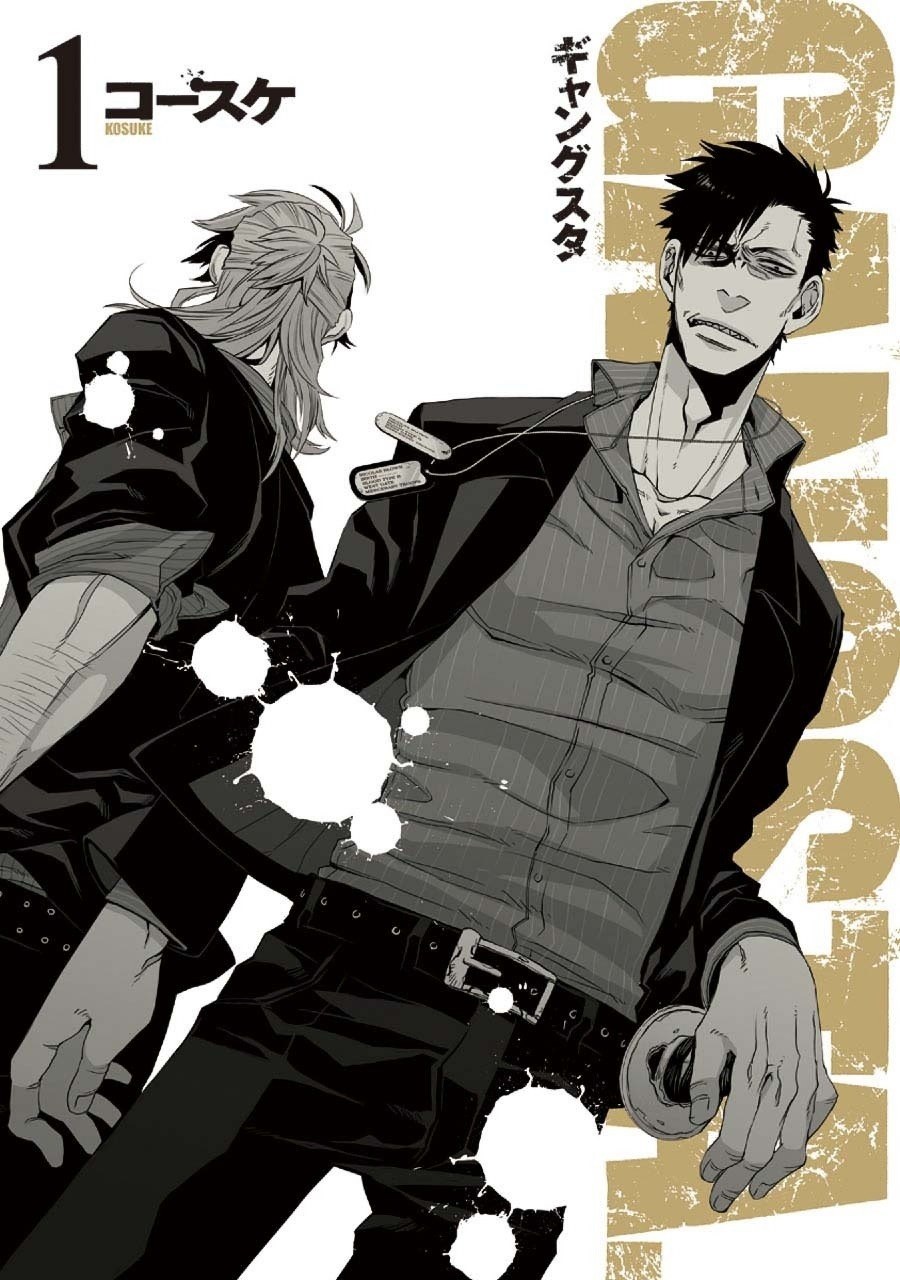
Haikyu!! – Haruichi Furudate (2012)
Haikyu!! follows the life of Shōyō Hinata, a young volleyball player, who is determined to make it big in the sport despite his small stature and frame. Having been adapted into a radio drama, an anime series, and a video game, it’s an immensely successful and beloved manga series.
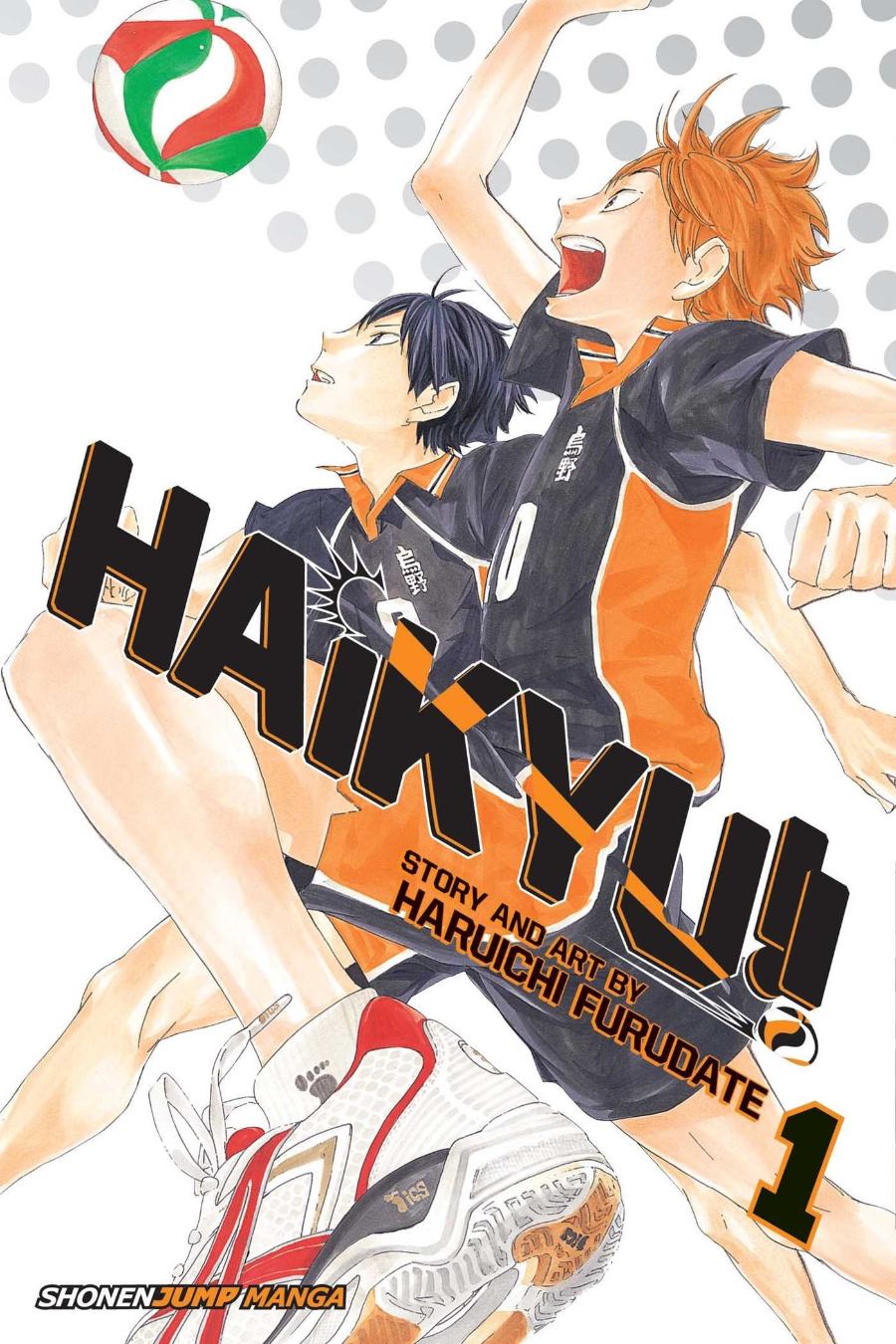
JoJo’s Bizarre Adventure: Part 1 Phantom Blood – Hirohiko Araki (2015)
Set in England in the late 19th century, Phantom Blood follows the main character, Jonathan Joestar, heir to a handsome fortune, and his battle with adoptive brother Dio Brando who seeks to claim the fortune as his own.
Exploring themes of adventure, brotherhood, and the supernatural, Phantom Blood is an intricately crafted novel that holds profound reflections on the nature of good versus evil.
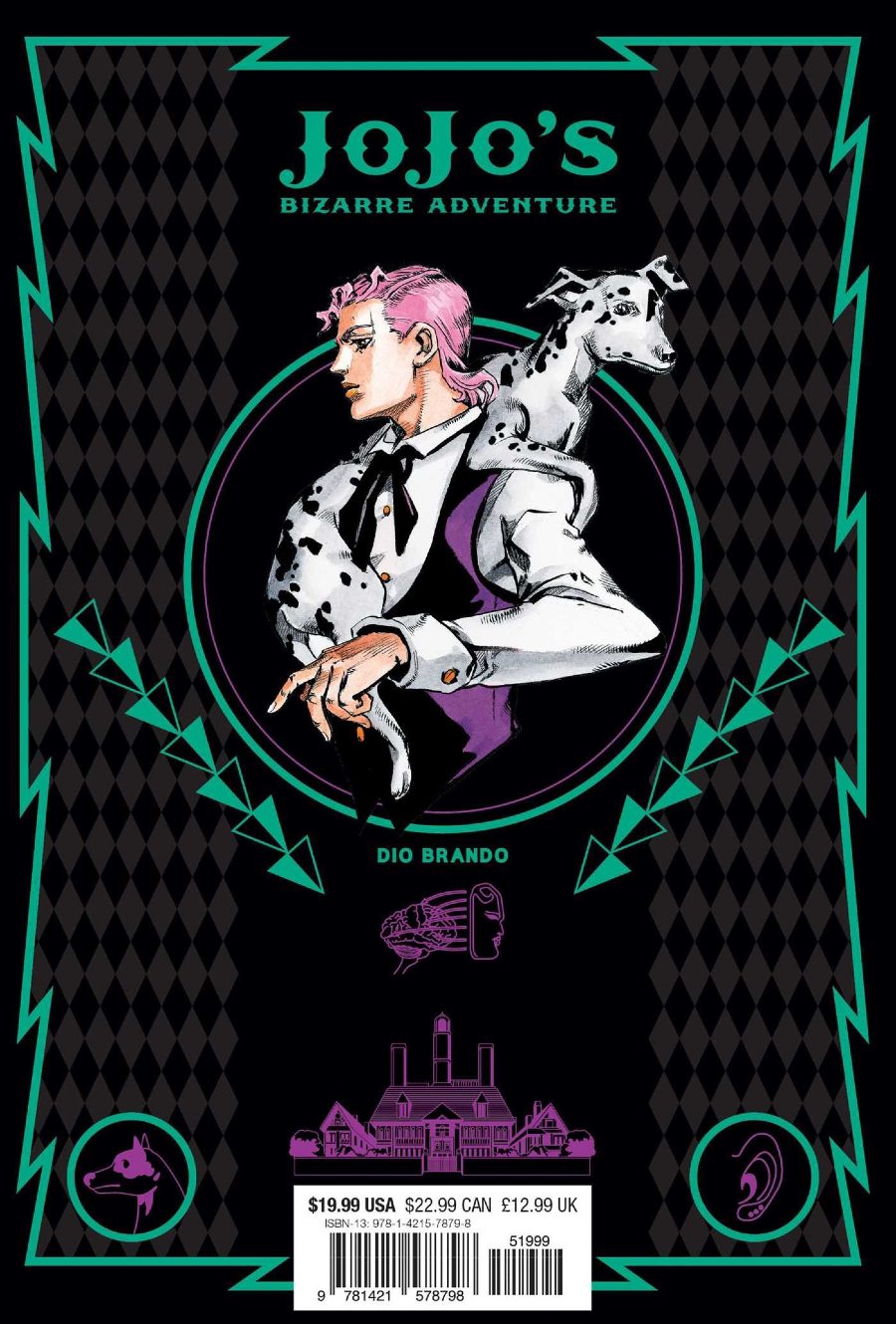
My Lesbian Experience With Loneliness – Kabi Nagata (2016)
Examining themes like sexuality, coming-of-age, mental health, and social isolation, My Lesbian Experience With Loneliness is an award-winning manga series. Autobiographical to the author’s own experiences, the series is a moving and honest portrayal of identity issues and acceptance of self.
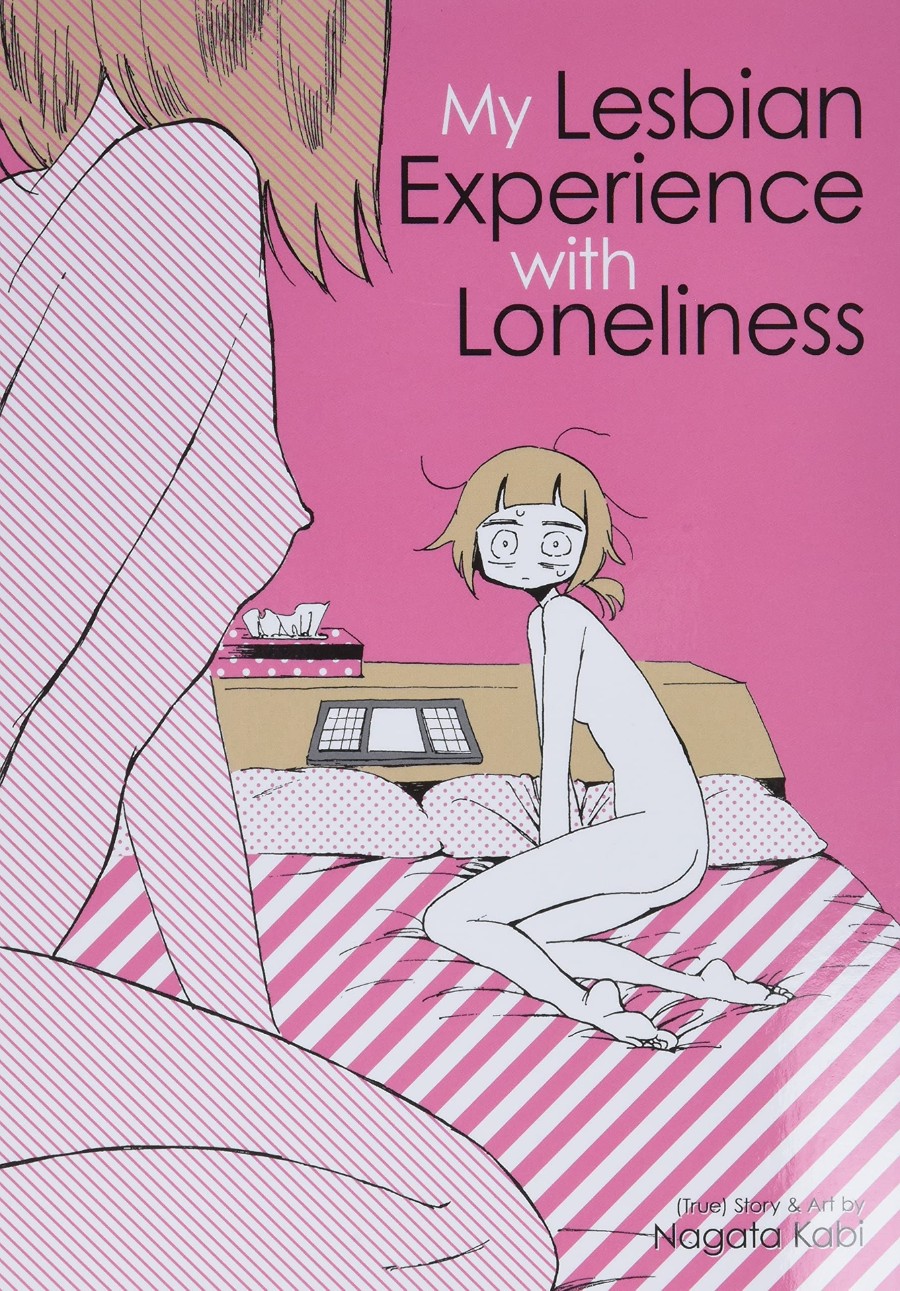
Chainsaw Man – Fujimoto Tatsuki (2018)
Taking place in an alternate universe, where historical events are distorted (The Soviet Union remains in power; the Holocaust never happened), Chainsaw Man constructs a world where malevolent entities called Devils — formed from the fears of the human spirit — roam the Earth, and consequently, those that hunt them — Devil Hunters — do too.
Fujimoto Tatsuki’s manga novel follows the life of Devil Hunter Henji, whose life is turned upside down when he dies, and then is revived by a Devil — morphing into a devil-human hybrid, and embarking on a quest to hide from the same hunter community he used to be a part of.
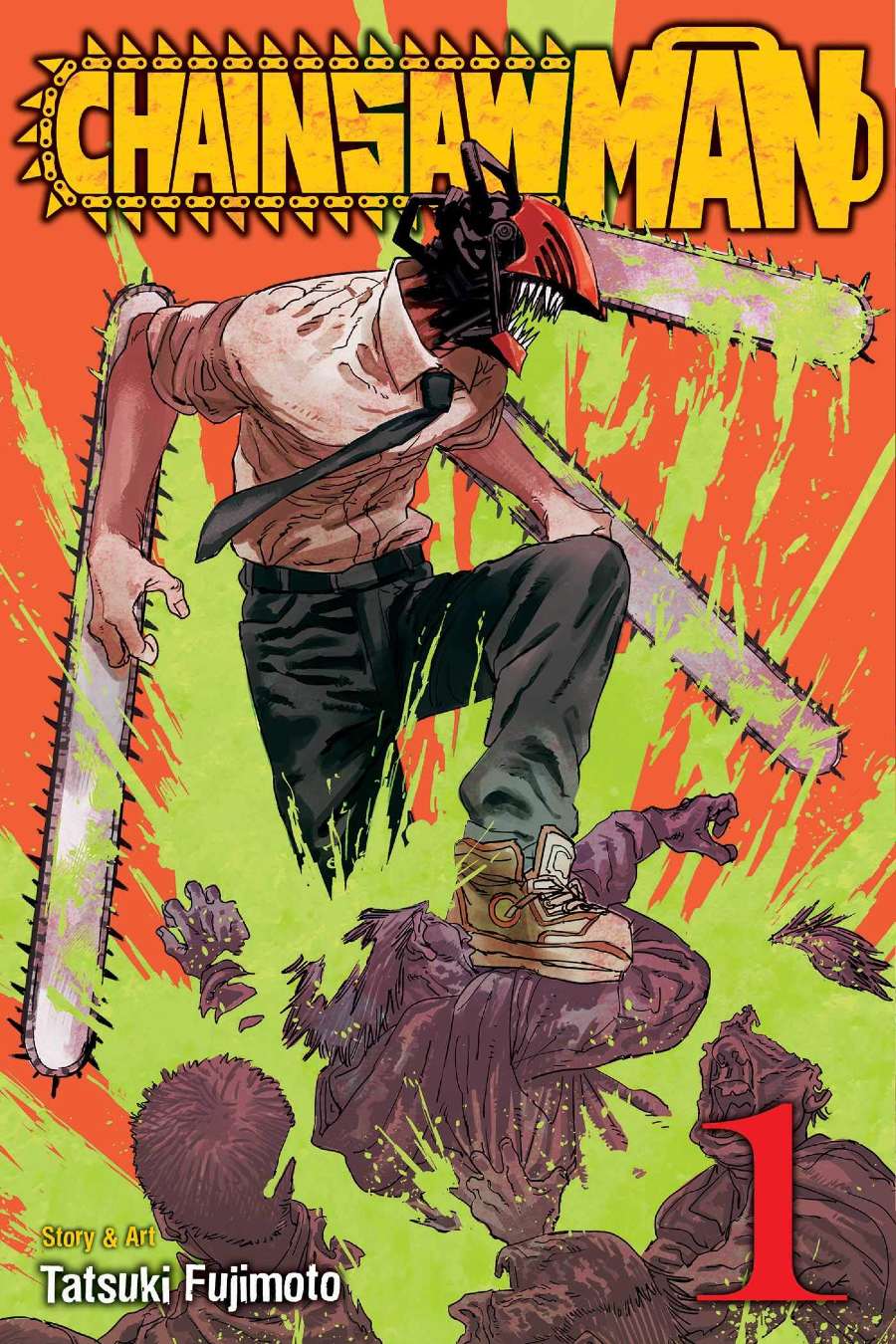
Blue Period – Tsubasa Yamaguchi (2020)
Winner of the 2020 Manga Taisho Grand Prize, Tsubasa Yamaguchi’s Blue Period follows Yatora, a student who seemingly lives a picture-perfect life, yet feels existential and hollow.
The manga novel follows Yatora’s journey in discovering a new passion, painting, as he embarks on an emotional journey of understanding the struggles, rewards, and ultimately thrilling nature of being an artist.
